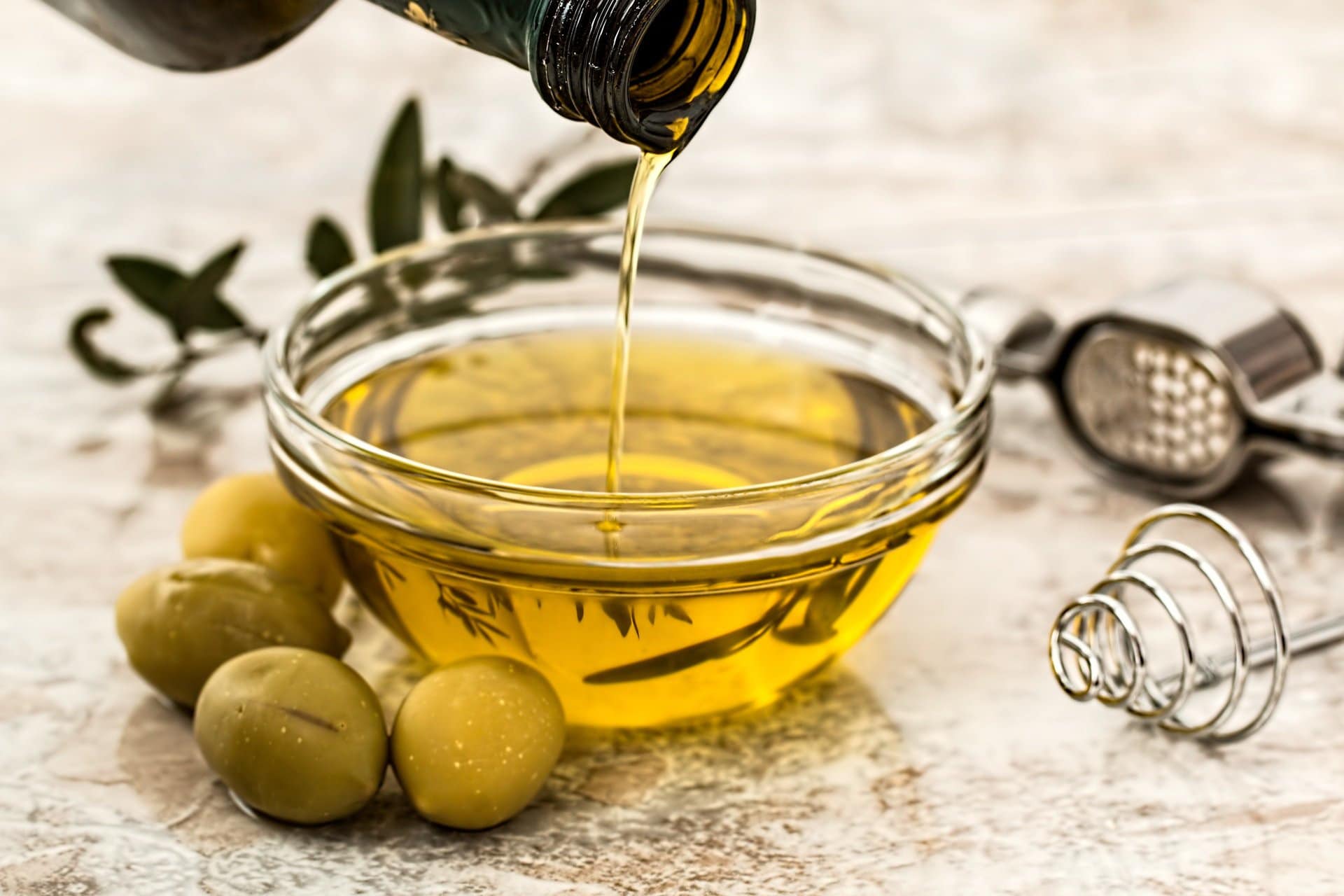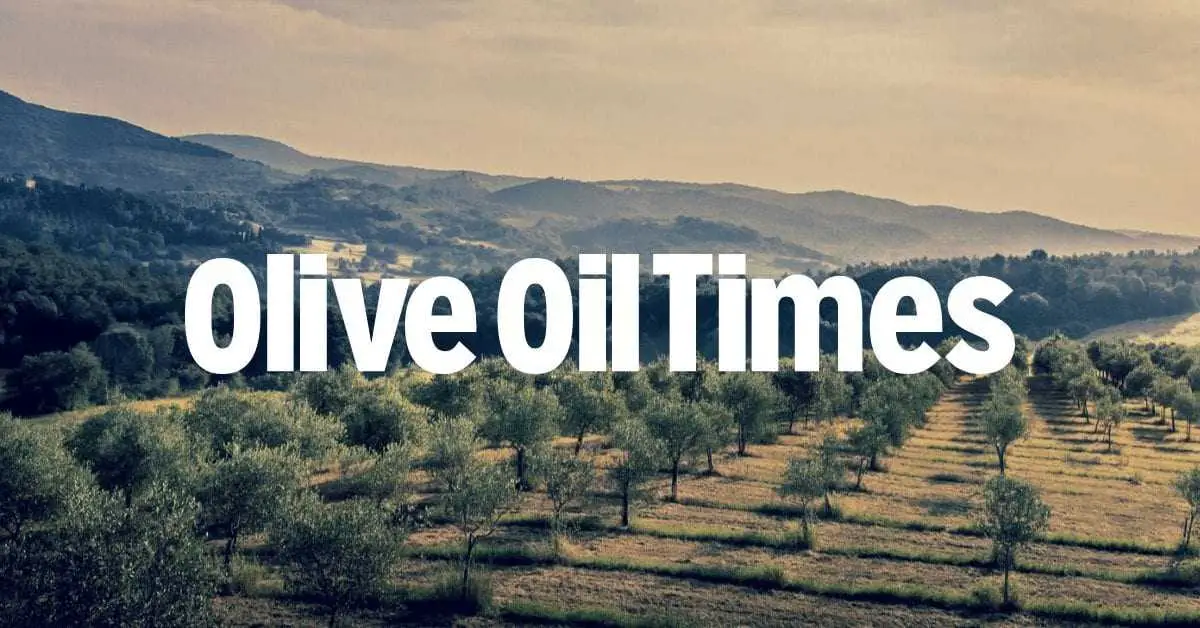About the Mediterranean diet plenty has been said. Most likely you’ve listened someone talking about its health benefits, its nutritional value and, specially, how important it is for the culture and gastronomy of the Mediterranean countries. However, you might still not be able to see its fully potential or, simply, you’re not into the ‘diet’ concept. Either way, we want to explain you what exactly the Mediterranean diet is, and how you can improve you eating habits with it, but also make a significant change in the relationship with your body and, especially, your health.
Everything you want to know about the Mediterranean diet
- What exactly is the Mediterranean diet?
- Is the Mediterranean diet as healthy as they say?
- How to make your diet more Mediterranean?
1. What exactly is the Mediterranean diet?
The Mediterranean diet is more than a ‘diet’. Actually, we could say it’s a balanced lifestyle including multiple recipes and healthy ways of cooking. It’s also the consolidation of centuries of traditional gastronomic customs of Mediterranean countries. But also, what is known as ‘diet’ has evolved over time, incorporating new foods and healthy elaborations conveyed in dishes with unique flavours and aromas.
This diet is a great cultural heritage including key products (such as the essential extra virgin olive oil), recipes and customs that not only bring you delicious creations, but they also contribute to your health with the daily nutrients you need.
The Mediterranean diet, included in the UNESCO’s Representative List of the Intangible Cultural Heritage of Humanity, when complemented with regular exercise and proper rest, it also has great benefits for cardiovascular health. So,…
2. Is the Mediterranean diet as healthy as they say?
Ancel Keys, who studied between 1958 and 1964 the eating habits in countries such as Italy, Greece, the United States, the Netherlands, Yugoslavia, Finland and Japan, developed the concept of ‘Mediterranean diet’, concluding that in those countries including this diet the mortality from coronary heart disease was lower and the life expectancy was much better.
On the other hand, high cholesterol problems and other risky cardiovascular diseases continue to be a problem in countries like United Kingdom or United States, where instead of consuming fresher products, people eat more industrial and ultra-processed products that don’t provide necessary nutrients, and that contain a large amount of saturated fats, which has been proved to be unhealthy.
On the other hand, countries like United Kingdom or United States, instead of consuming fresher products, people eat more industrial and ultra-processed products that don’t provide necessary nutrients, but contain a large amount of saturated fats, which has been proved to be unhealthy, causing high cholesterol problems and other risky cardiovascular diseases.
In contrast, the Mediterranean diet leads to more stable blood sugar levels, a reduction in cholesterol and triglycerides (especially due to the substitution of unhealthy fats for extra virgin olive oil) and, consequently, reduces the risk of developing heart diseases and other health problems.
In addition to improving the functioning of organs such as the heart and the kidney, implementing a Mediterranean lifestyle (healthy eating, exercise and rest) helps control weight, and offers protection against chronic diseases such as diabetes or Alzheimer’s as well as some types of cancer.
In short, today there are countless scientific studies that advise following this diet along with regular physical activity and proper rest. Particularly, it has become the healthiest one for patients with cardiovascular problems, due to the intake of extra virgin olive oil instead of other sources of fats:
3. How to make your diet more Mediterranean?
As we say, this lifestyle includes all those nutrients that you might need in your day-to-day life. That is, the Mediterranean diet foods will provide you with enough vitamins, minerals, proteins, fibre, carbohydrates and fats that will help you take care of your health. So, what are the ten key ingredients to consider if you want to make your diet more Mediterranean?
3.1. Extra virgin olive oil.
It is the main source of healthy fats in this diet, replacing other types of refined oils (such as sunflower) and butters (both animal and vegetable) proven to be worst for cooking. This olive oil with beta-carotenes, monounsaturated fatty acids such as Omega 3 and 6, is also a food rich in polyphenols, vitamins and other antioxidant compounds, which have multiple health benefits, proven by studies carried out in recent decades.
3.2. Legumes.
Lentils, chickpeas, peas and imported beans are essential in this diet. In fact, legumes are the main source of plant-based protein and are also a healthy source of carbohydrates and fibre. These foods are the main protagonists of many stews, but also of cold dishes throughout the Mediterranean.
3.3. Vegetables.
Unquestionable ingredients in each Mediterranean recipe. Vegetables are a great contribution of vitamins and minerals. There are endless products to choose from: onion, leek, carrot, pepper, cucumber, lettuce, cabbage, tomatoes, also zucchini, potato, garlic… All these vegetables have antioxidant properties and benefits that are a guarantee of health.
3.4. Seasonal fruit.
It is recommended to eat 3 to 4 pieces of fruit a day within this diet, especially if they are in season. You might find hard to include that many pieces of fruit, but bear in mind these foods can also be an extra ingredient in any of your dishes and very easy to include, for instance, in salads.
Figs, apples, pears, oranges, lemons, plums, apricots, peaches, the different types of berries… all these fruits are excellent ingredients for your lunches and dinners as well as a dessert, a delicious and healthy option that can replace sweets and that also provides multiple vitamins, minerals and so on.
3.5. Eggs.
Eggs are a very complete food with a great nutritional value. For while eggs were related to the increase of cholesterol, but the truth is that this product is fully compatible with a heart-healthy diet such as the Mediterranean. You just have to be careful when cooking them. If it is not a boiled egg, prioritise the use of a small amount of extra virgin olive oil to fry it, or to make an omelette to which you can add, for instance, vegetables.
3.6. Some dairy products.
Sources of protein, minerals (such as calcium and phosphorus) and vitamins, dairy products such as yogurt and cheese are indeed part of the Mediterranean diet. Additionally, kefir and yogurt, which are fermented dairy products, contain probiotics that help improve the balance of intestinal flora.
3.7. Whole grains.
Unlike you might think, Mediterranean diet doesn’t mean eating plenty of starchy foods, such as bread and pasta. This diet does include whole grains and you can eat them daily in moderation. Whole wheat bread, rice, pasta and couscous are especially important as a source of energy (carbohydrates) in our day to day life.
3.8. Blue fish and see food
Oily fish, recommended at least twice a week, is an ideal source of protein, as well as the excellent Omega 3 fatty acids intake, which can help you against cardiovascular diseases. On the other hand, the rich seasonal seafood of the Mediterranean also includes protein, vitamins and minerals, and it is very tasty food that provide great versatility to recipes.
3.9. Meat, preferably white.
Lean meats such as chicken and turkey are a great source of vitamin B12 and minerals. These can be the main protein source of many Mediterranean dishes based mainly and vegetables and legumes. Contrary to what you may think, it’s also possible to consume red meat within this diet, although its intake is should be moderate and, preferably, as part of stews.
3.10. The dried fruits.
Finally, walnuts, almonds, hazelnuts, chestnuts, pistachios… if they are consumed without artificial additives, they are a great source of healthy fats, minerals such as calcium, iron, potassium, copper, zinc and selenium, but also other vitamins and proteins, although in less quantity. In short, nuts are excellent as a finishing touch to any dish, but also as a healthy snack.
Do you love cooking and want to know what gastronomic dishes are within the Mediterranean cuisine? We invite you to visit our gourmet section where you will find delicious and healthy recipes in which extra virgin olive oil, the main fat intake in this diet, will be the key ingredient for success.
Susbcribe to our newsletter











